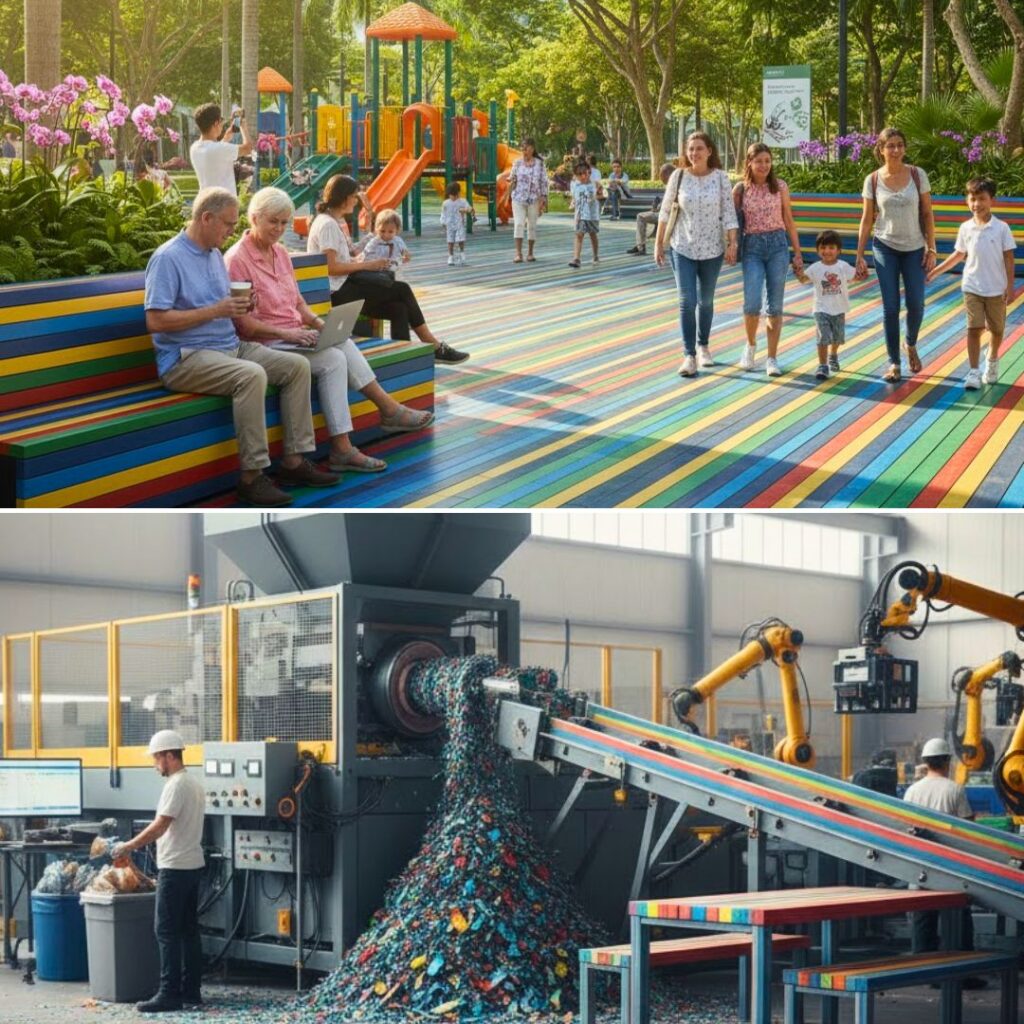In a pivotal move aimed at reshaping the landscape of education in India, the National Education Policy (NEP) 2020 has recommended the integration of vocational education into mainstream learning at all educational institutions. This transformative initiative, under the vocational education component of the Samagra Shiksha Scheme, introduces National Skills Qualifications Framework (NSQF) compliant vocational courses for students from class 9th to 12th in eligible schools.
At the heart of this initiative is the integration of vocational modules into the academic curriculum, ensuring a seamless blend of theoretical knowledge and practical skills. In secondary education, specifically in Class 9 and 10, students are offered vocational modules as an additional subject. As students progress to senior secondary levels (Class 11 and 12), vocational courses become a compulsory (elective) subject.
States and Union Territories now have the flexibility to choose from 88 job roles across 22 sectors, aligning with the skill gap analysis of the respective regions. This dynamic approach allows educational institutions to tailor vocational courses to meet the specific needs and demands of their local job markets.
To facilitate this transition, the initiative supports the development of state-of-the-art vocational and skill labs in schools and District Institutes of Education and Training (DIETs). Furthermore, employability skills, encompassing communication, self-management, information and communication technology, entrepreneurship, and green skills, are integral components of these vocational courses.
The primary objective of the vocational education component is to enhance the employability and entrepreneurial abilities of students. By providing exposure to real-world work environments, students gain practical insights, fostering awareness about diverse career options. This, in turn, enables them to make informed choices aligned with their aptitude, competence, and aspirations.
The National Curriculum Framework for School Education, an outcome of the NEP 2020, outlines the goals of vocational education. Among these objectives is the development of vocational capacities, knowledge, and values, offering students the option to seamlessly enter the workforce post-school if they choose to do so.
In a collaborative effort with the Ministry of Skill Development and Entrepreneurship (MSDE), the Department of School Education and Literacy is actively implementing the Pradhan Mantri Kaushal Vikas Yojana 4.0 (PMKVY 4.0) in the school education sector. This synchronization ensures a comprehensive and unified approach to skill development efforts across the country.
As India strides towards an education system that prepares students not just academically but vocationally, the integration of vocational education is a monumental step forward. The concerted efforts of NEP 2020, Samagra Shiksha Scheme, and collaborative initiatives with MSDE are instrumental in nurturing a future workforce equipped with both knowledge and practical skills, ready to meet the challenges of a dynamic job market.












